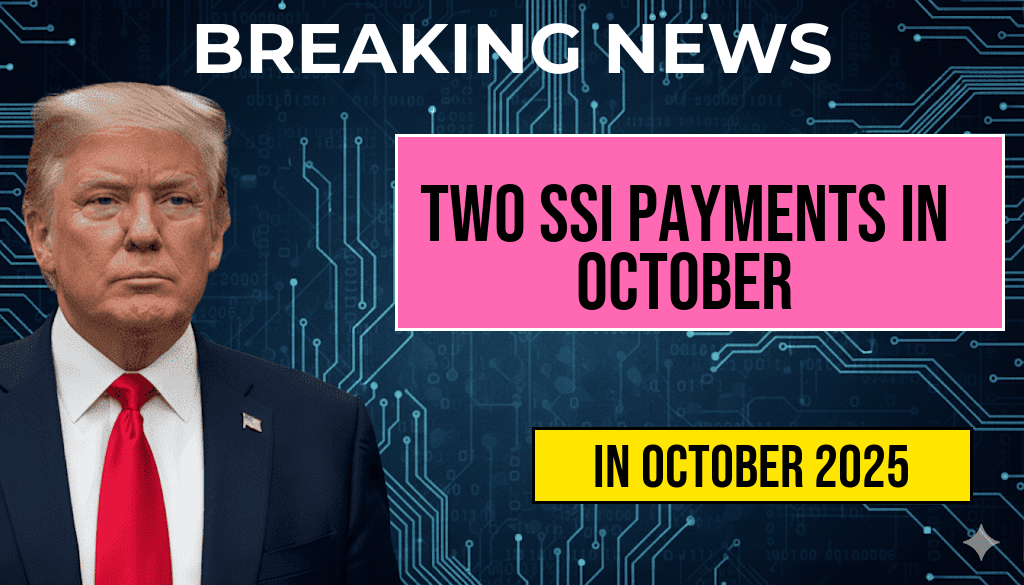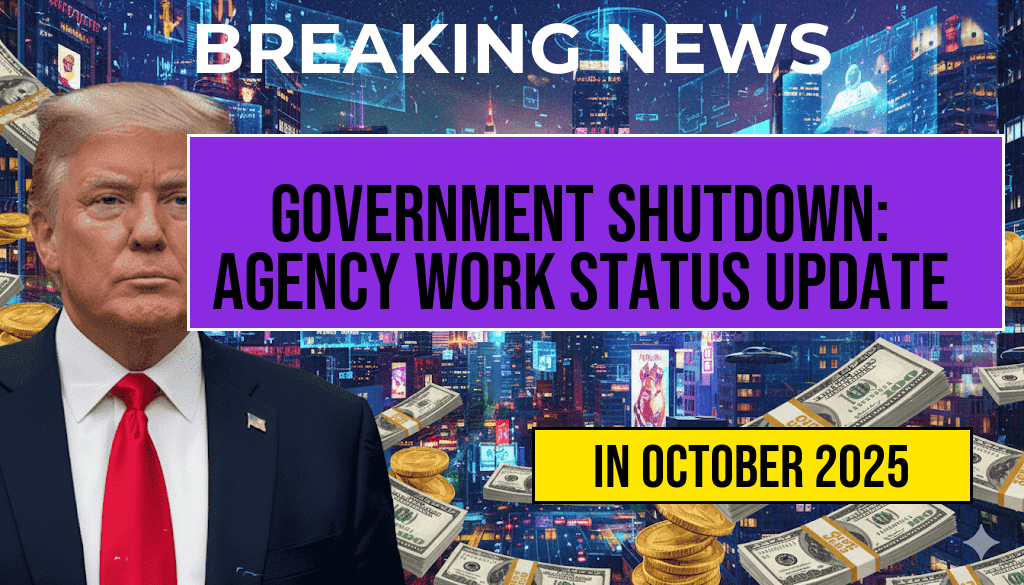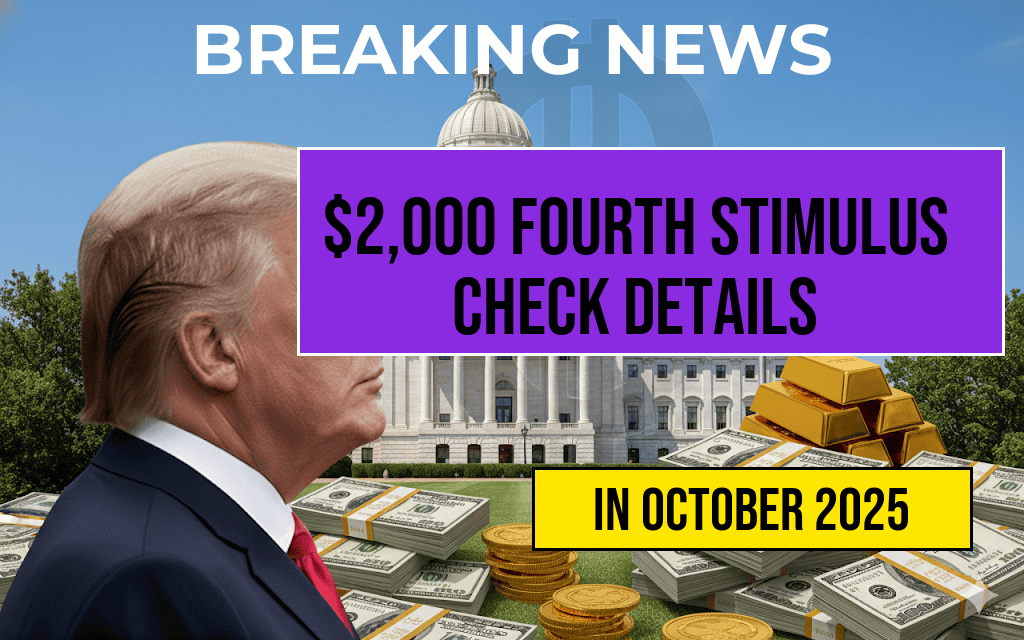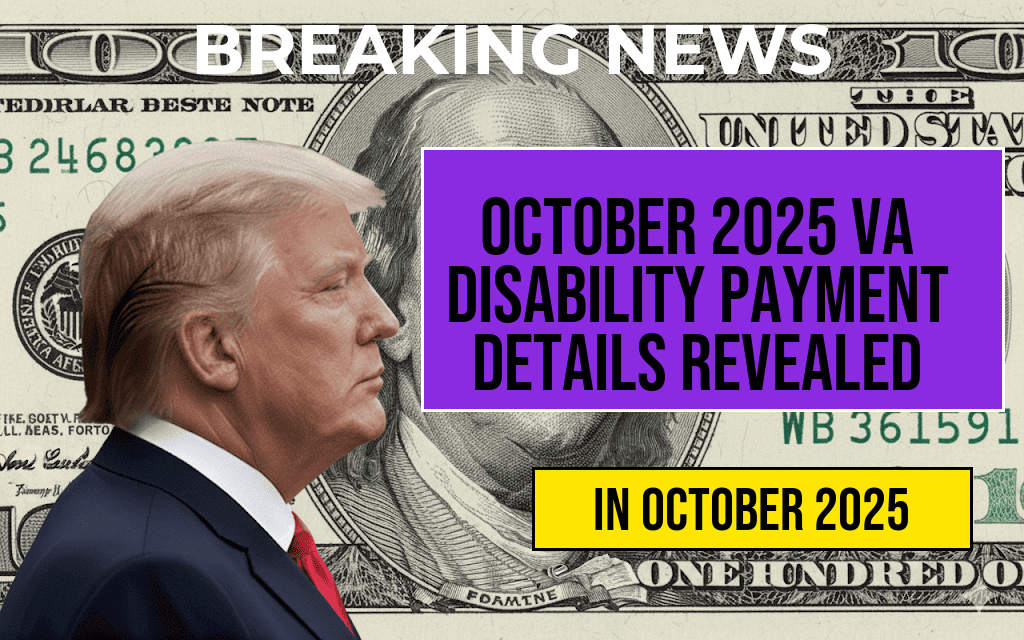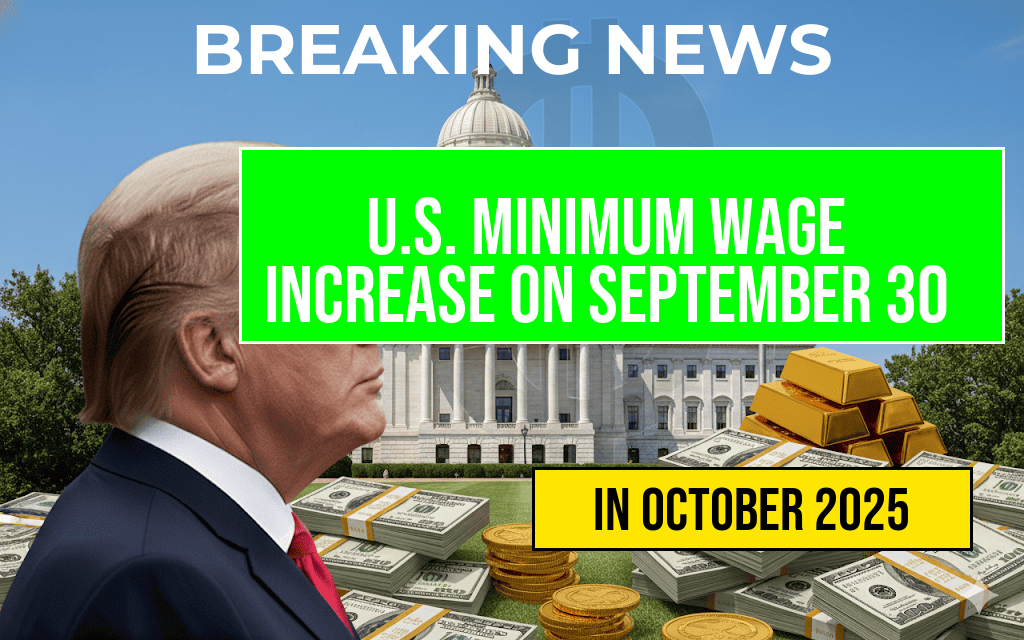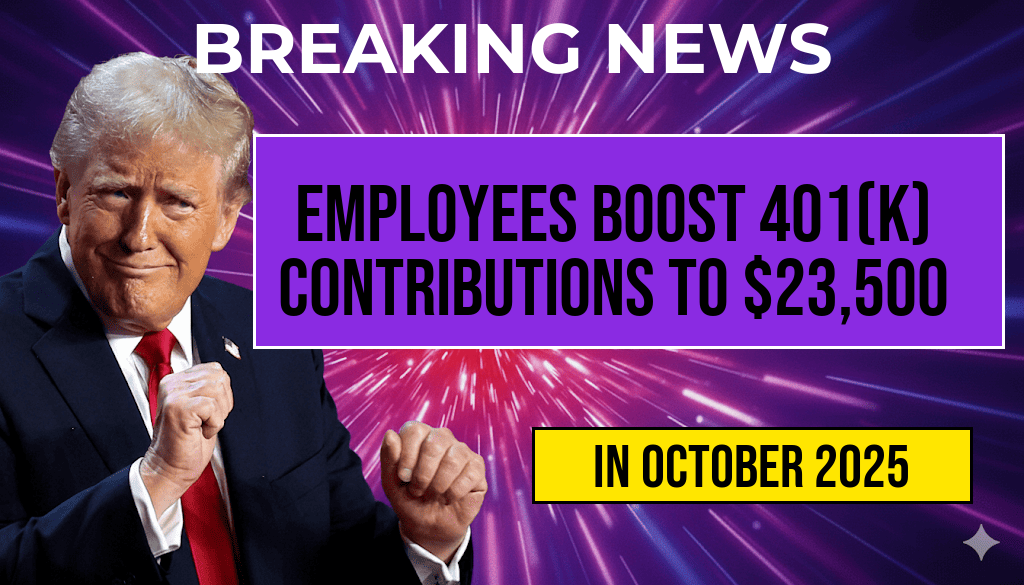The government shutdown has officially begun, impacting a wide range of federal services and agencies across the United States. As funding ceases, millions of Americans are left wondering how various programs will be affected. Key agencies such as the Social Security Administration, Internal Revenue Service (IRS), and Department of Defense will experience significant operational changes, while others like the Transportation Security Administration (TSA) will continue to function. This article provides a detailed breakdown of who is working and who isn’t during the shutdown, outlining essential services, potential delays, and what citizens can expect in the coming weeks.
Impact on Major Federal Agencies
Social Security Administration
The Social Security Administration (SSA) will remain operational during the shutdown. Beneficiaries can expect their payments to continue without interruption. However, new applications and claims may face delays as many employees are furloughed.
Internal Revenue Service (IRS)
The IRS will operate on a limited basis. While taxpayers can still file returns and make payments, processing times for refunds and responses to inquiries may slow significantly. Essential staff will be on duty to handle critical functions, but overall operations will be reduced.
Department of Defense (DoD)
The Department of Defense is considered essential and will continue its operations. Military personnel will remain on duty, although some support staff may be furloughed. This means that while active duty service members will receive their pay, civilian employees may face uncertainty regarding their salaries.
Transportation Security Administration (TSA)
The TSA will maintain its security operations at airports and other transportation hubs. Passengers should not expect significant disruptions in screening processes, although staffing levels may be affected if the shutdown extends over a prolonged period.
Other Affected Services and Agencies
Health and Human Services (HHS)
The HHS will see a reduction in services. Programs not deemed essential may pause, affecting public health initiatives. However, critical health services, including Medicare and Medicaid, will continue to function.
Department of Education
The Department of Education will halt most new grants and funding programs. However, existing funding for schools and educational programs will remain intact, ensuring that ongoing operations can continue without immediate disruption.
Environmental Protection Agency (EPA)
The EPA will significantly reduce its workforce, leading to delays in environmental assessments and permits. Essential functions related to public safety and emergencies will still operate, but many programs will see a slowdown.
Essential Services That Continue
- Veterans Affairs – Healthcare services and benefits for veterans will continue as normal.
- Federal Bureau of Investigation (FBI) – Law enforcement activities will proceed without interruption.
- Emergency Services – Emergency response teams and disaster relief services will remain operational.
Anticipated Delays and Public Concerns
| Agency | Service | Expected Delay |
|---|---|---|
| IRS | Tax refunds | Up to 12 weeks |
| Social Security | New applications | Indeterminate |
| EPA | Environmental permits | Indeterminate |
What Citizens Should Do
During the shutdown, citizens should stay informed about the status of government services. Checking official agency websites for updates and utilizing online resources can provide clarity on what to expect. Additionally, individuals reliant on government services are advised to plan accordingly, particularly regarding financial matters and essential health services.
For more information about the implications of the government shutdown, visit reputable sources such as Forbes or Wikipedia.
Frequently Asked Questions
What happens to Social Security payments during a government shutdown?
During a government shutdown, Social Security payments will continue to be processed and issued, as the program is considered essential. Beneficiaries should not experience any disruptions in their payments.
Will the IRS continue to operate during the shutdown?
The IRS will have limited operations during a government shutdown. Tax processing and refunds may be delayed, but essential services will still be maintained, such as customer service for urgent inquiries.
How does a government shutdown affect Defense operations?
Defense operations will continue, but many non-essential personnel may be furloughed. Essential military functions will remain active to ensure national security is not compromised.
What is the status of TSA and airport security during the shutdown?
The TSA will continue to operate during a government shutdown, as airport security is considered a critical service. However, staffing levels may be affected, potentially leading to longer wait times at security checkpoints.



